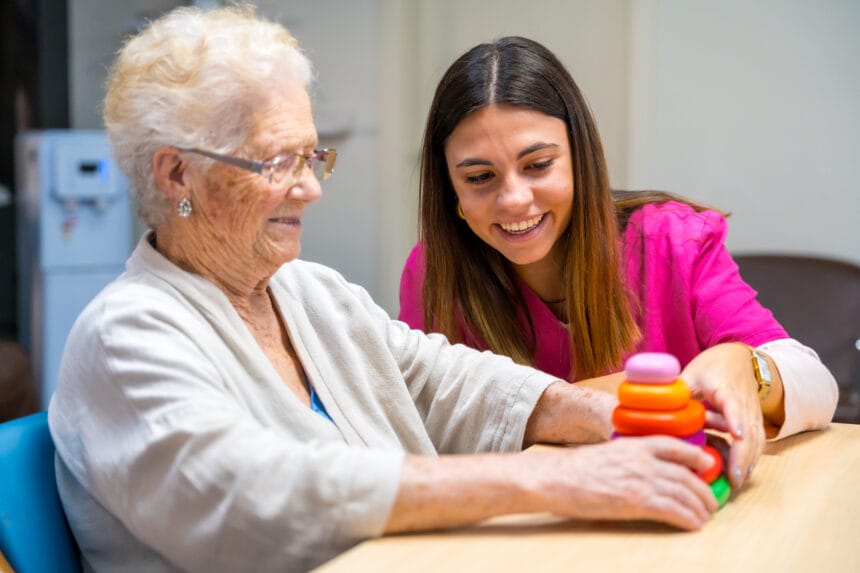The brain is an incredible organ that governs everything from memory to movement, and protecting it is vital at every stage of life. As people age, natural changes occur in the brain, but maintaining cognitive health is possible with proactive steps. Healthcare professionals play a critical role in guiding patients toward habits that promote brain health over the decades.
Focus on Nutrition and Physical Activity
Nutrition and physical activity are foundational to brain health. A diet rich in antioxidants, healthy fats, and vitamins supports cognitive function. Foods like leafy greens, berries, nuts, and fish are especially beneficial. Coupled with regular physical activity, these habits boost blood flow to the brain and encourage neuroplasticity. These choices can reduce the risk of conditions that affect cognition, including cardiovascular disease and dysautonomia, which can have complex neurological impacts.
Prioritize Mental and Social Engagement
Staying mentally and socially active is essential for preserving brain health. Encourage patients to challenge their minds with activities like puzzles, learning new skills, or engaging in creative hobbies. Social interactions also stimulate cognitive functions, reducing the risk of age-related decline. Strong community ties can significantly impact mental well-being and cognitive resilience.
Support Rest and Stress Management
Quality sleep and stress management are key to brain protection. Sleep allows the brain to repair itself, consolidate memories, and clear toxins. Chronic stress, on the other hand, can accelerate cognitive decline by affecting areas like the hippocampus. Teaching patients relaxation techniques, such as meditation or deep breathing, can make a significant difference.
Protecting the brain requires a lifelong commitment to healthy habits. With consistent effort, individuals can support their cognitive health, ensuring they continue to thrive across the decades. As healthcare professionals, promoting these strategies empowers patients to take charge of their brain health and overall well-being. For more information, feel free to check out the accompanying resource.










